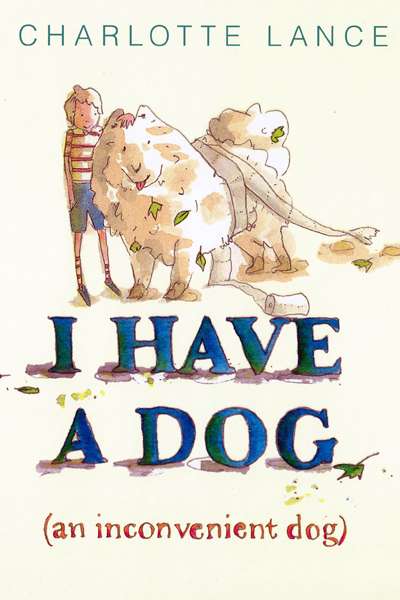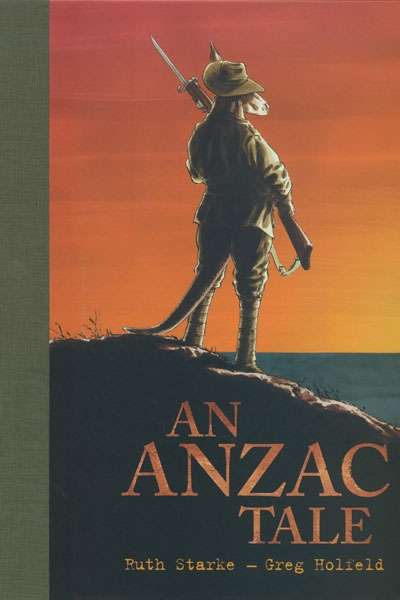Stephanie Owen Reeder
Baby Wombat's Week by Jackie French & Bruce Whatley & Jasper & Abby and the Great Australia Day Kerfuffle by Kevin Rudd & Rhys Muldoon
Last year, the Tamworth Regional Council voted not to accept five Sudanese refugee families into their township. The decision was reversed in January 2007, albeit with qualifications and overtly racist reactions from some locals. In our post-Tampa society, such seemingly xenophobic reactions have become frighteningly normal, especially at the government level. We will ultimately be a much poorer country if such attitudes become entrenched. Luckily, a number of Australian children’s authors and illustrators have been doing their best to ensure that this does not happen, and some of them are examined here. Author–illustrator Bob Graham prefaces his picture book Jethro Byrde Fairy Child (2002) with an apt quote from The Bible: ‘Let Brotherly Love Continue. Be not forgetful to entertain strangers: For thereby some have entertained angels unawares’ (Hebrew 13: 1, 2). Jethro Byrde is a beguiling tale in which a small child treats strangers with kindness, and thus brings wonder into her own life.
... (read more)I Have a Dog by Charlotte Lance & Imagine a City by Elise Hurst
A good picture book melds a well-crafted text with illustrations that interpret and extend the narrative. The illustrator’s choice of artistic style is central to how effectively this combined narrative is communicated to readers.
... (read more)Depicting war in a picture book requires a deft hand. Historical imperatives need to be considered, while also avoiding glorifying war for a young and impressionable audience. Ideally, such books should promote informed discussion rather than mindless militarism.
... (read more)Good picture books stimulate a child’s imagination. Nick Bland and Stephen Michael King celebrate creativity in The Magnificent Tree (Scholastic, $24.99 hb, 32 pp, 9781742832951). Bonny and Pops enjoy sharing ideas and making things together. Bonny’s inventions are ‘simple, clever and properly made’, while Pops’s creations are ‘big, brave and brilliant with bits sticking out’. Determined to attract the attention of the birds flying overhead, each comes up with a different but equally satisfying solution. King’s bulbous-nosed cartoon characters, minimalist backgrounds, and organic machinery interact with Bland’s thoughtful text to present a gently reassuring tale about intergenerational friendship and creative problem-solving.
... (read more)Many Australian picture book authors and illustrators continue to develop the genre in exciting and unusual ways...
... (read more)A matter of style
Stephanie Owen Reeder
Once upon a time, Australian picture books were easy to pick because of their distinctive artwork, which often featured Australia’s unique landscape and its flora and fauna. Nowadays, many Australian illustrators adopt a more universal style.
...The latest crop of children’s picture books highlights the ability of this versatile genre to cover everything from the ever-popular animal tale, to sparkling stories about fairies, to introspective contemplations on the meaning of life.
... (read more)Many adults who grew up the 1980s doubtless remember a hairy, conical-shaped creature with very big feet that lived in the Australian bush, as well as a large hippopotamus that lived on a little girl’s roof and ate cake. The conical creature was, of course, Grug. Ted Prior’s Grug books were small, affordable paperbacks featuring simple but entertaining stories about this unflappable creature. The series is now being republished, and it includes new titles such as Grug and the Circus and Grug Learns to Read (Simon & Schuster, $4.99 pb, 32 pp).
... (read more)


